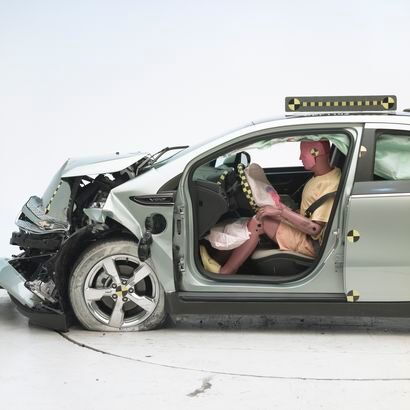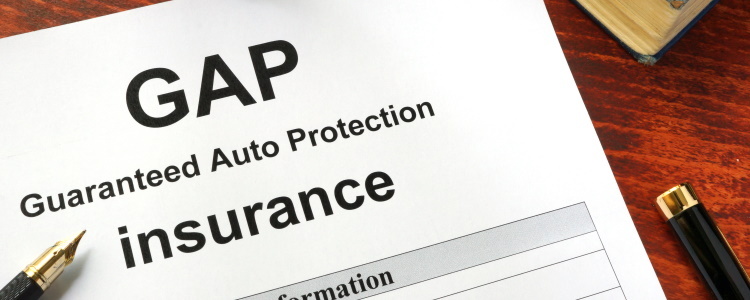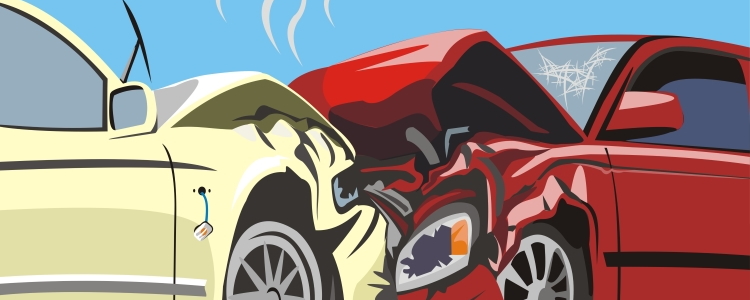There are some situations where the additional cost of gap insurance might be justified especially if you are trying to establish your auto credit

Backend products
As dealer backend products go (backend products are those things the dealer business manager is in charge of selling), we can think of at least two situations in which at least one of them, gap insurance, might make sense. This is especially true if you have less than perfect credit and, believe it or not, are on a tight budget.
We've come to this conclusion here at Auto Credit Express after over twenty years of helping consumers with credit issues find a dealer that can get them approved for a car loan. Our website is even designed so that applicants can research all aspects of the bad credit auto sales process including today's topic, the pros and cons of gap insurance.
Understanding gap insurance
Although gap insurance is never a requirement in qualifying for an auto loan and you should never believe anyone who tries to tell you it is there are times when choosing it can be the right decision.
That's because until the last payment is made, your car really belongs to lender.
While it's being financed, if you're involved in an accident with your car other than one involving a total loss, your full coverage car insurance (required by the lender) will pay to repair any damage, less the deductible.
At the same time, if you're involved in an accident where the car is declared a total loss, the insurance company will typically pay its retail value (possibly less any deductible) at the time of the accident.
The only problem with a total loss accident is that if it occurs any time during the first half of the loan term or even further depending on the size of the down payment, the insurance settlement could be thousands of dollars less that the loan payoff amount.
If this happens, payments must continue until the remaining balance is paid in full.
Admittedly this is a worst case situation but it can and it has happened. This is also where gap insurance coverage pays off.
If you have it, the insurance company will pay the difference between the insurance settlement and the balance owed on the loan (less the deductible – although if you weren't at fault, in many states your car insurance company will cover this as well).
When gap insurance is needed
Gap insurance doesn't make sense if:
• You have a short-term auto loan (36 months or less). In this case you'll be in an equity situation fairly quickly.
• Your down payment is 20% or more. There's a good chance you'll be in an equity position with most car loans – especially for terms of 60 months or less.
On the other hand, in just about every other situation it usually makes sense to at least consider gap insurance.
As we see it
There are at least two instances where purchasing gap insurance means means avoiding possibility of paying thousands of dollars to a lender for a vehicle that's damaged beyond repair – a loan term of over 36 months or a loan in which the down payment is less than 20% of the selling price.
At the same time, we want you to know that if you have poor credit Auto Credit Express will forward your information to dealers that understand this situation and can offer you your best chance for an auto loan approval.
So if you're ready to reestablish your car credit, you can begin now by filling out our online car loans application.
















